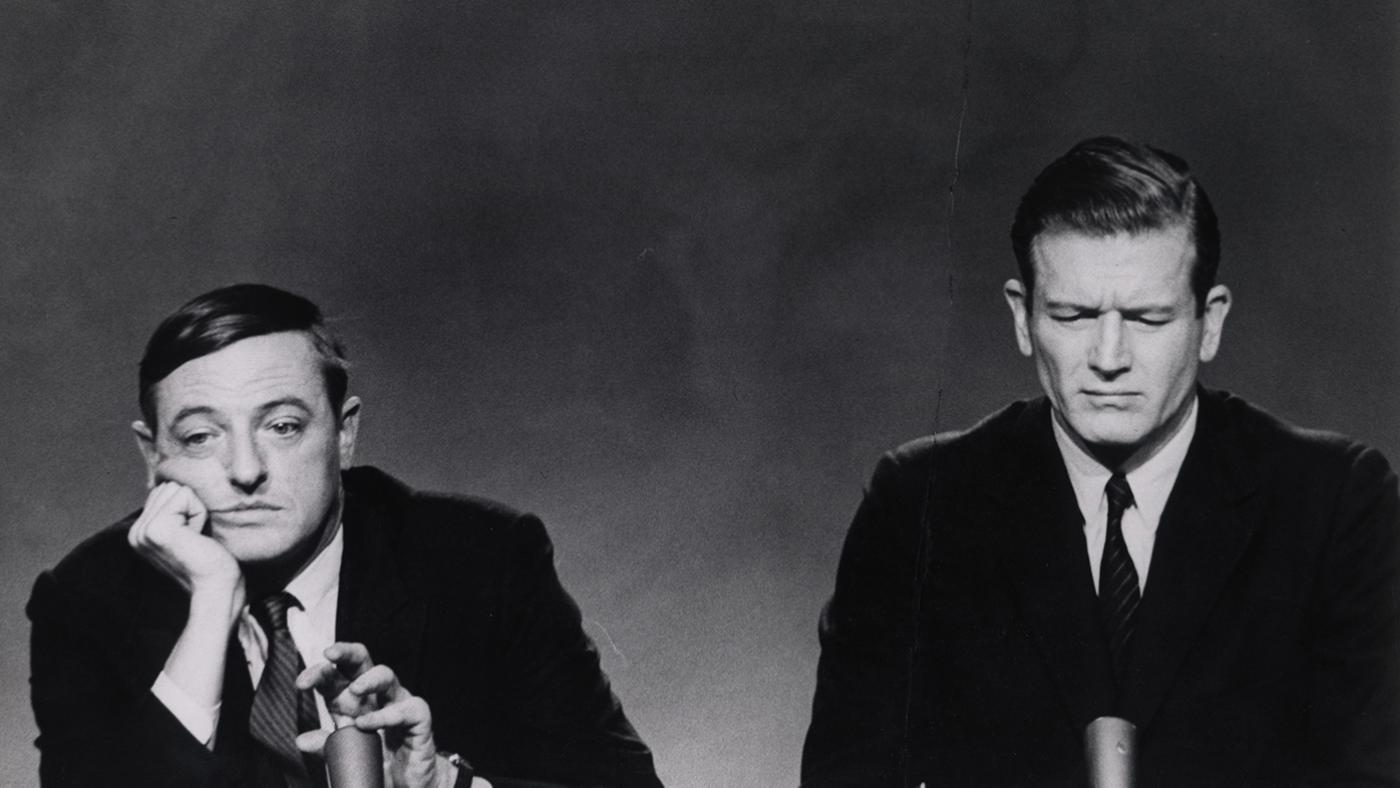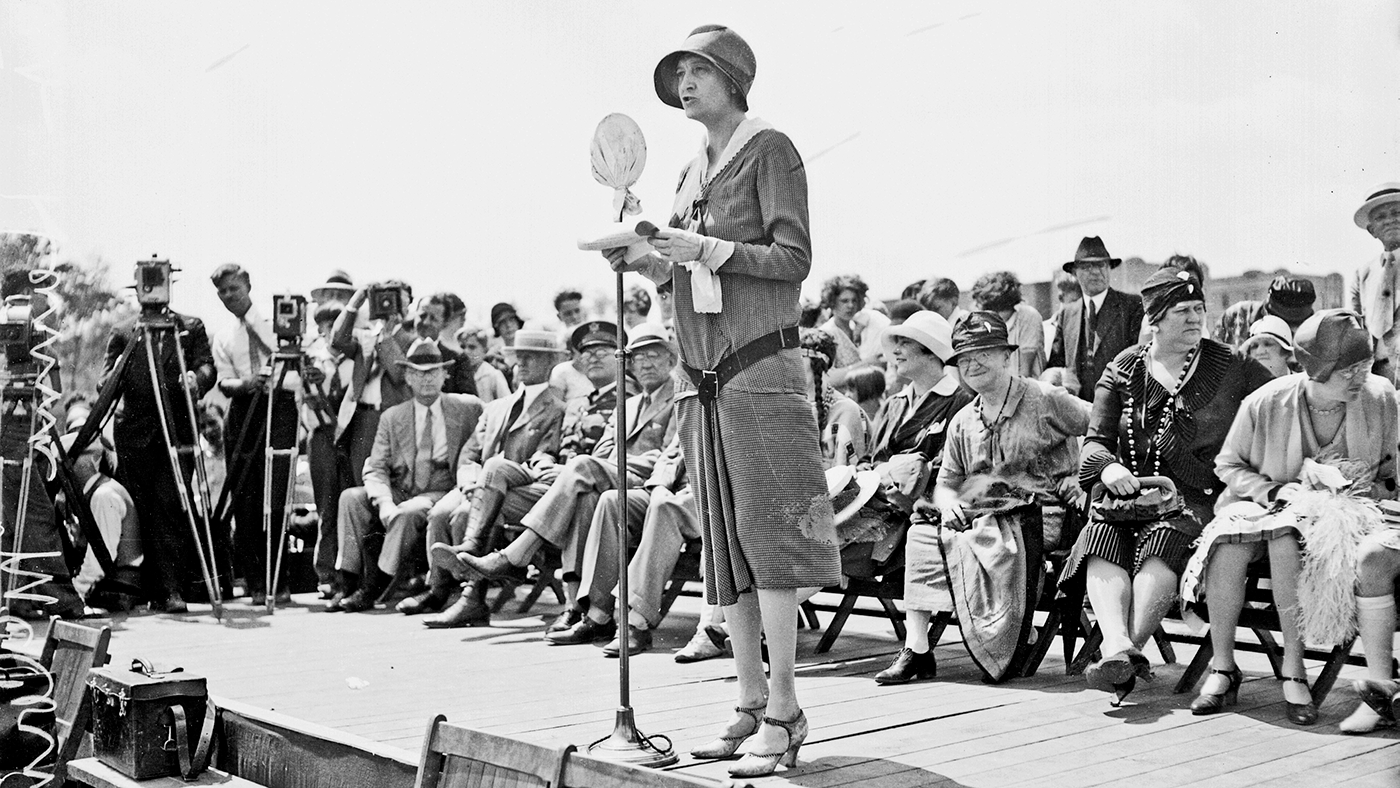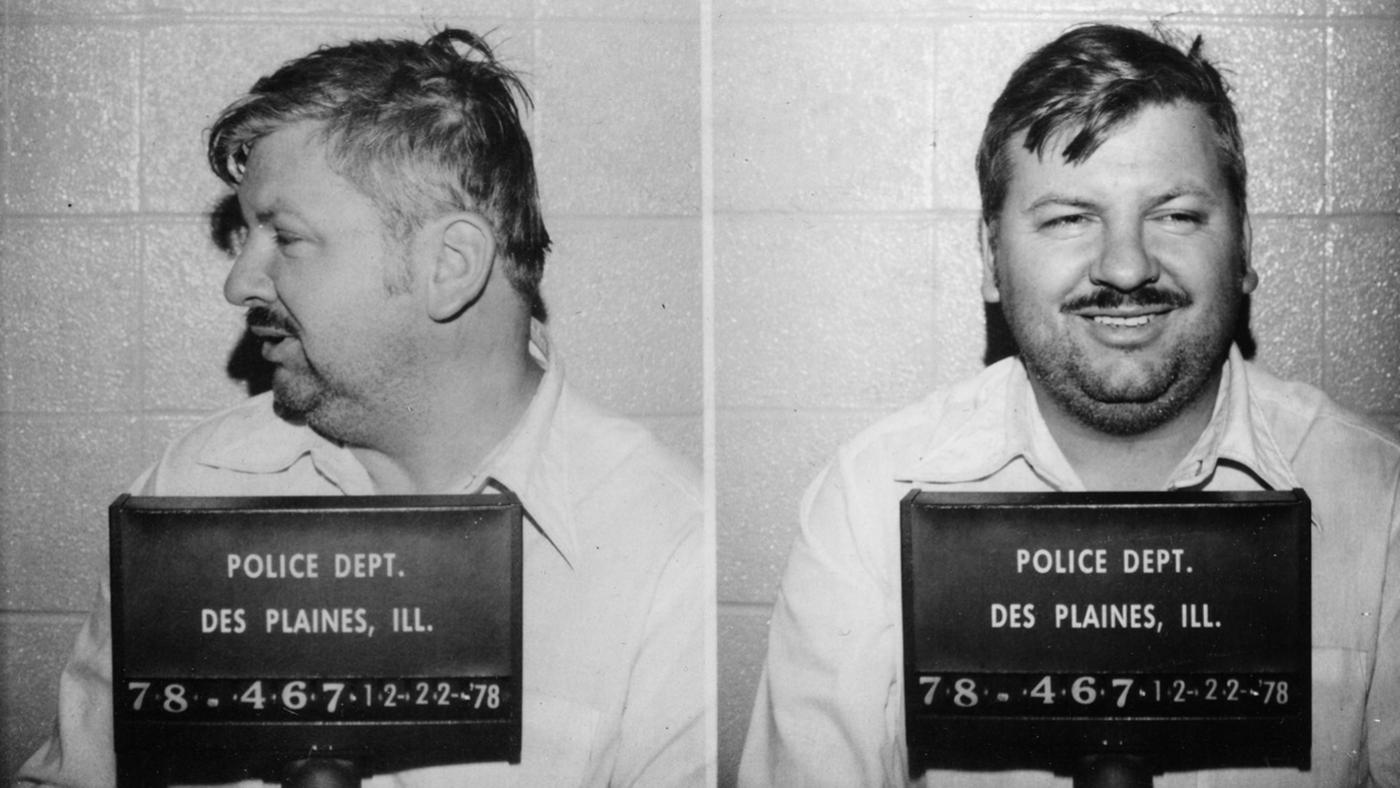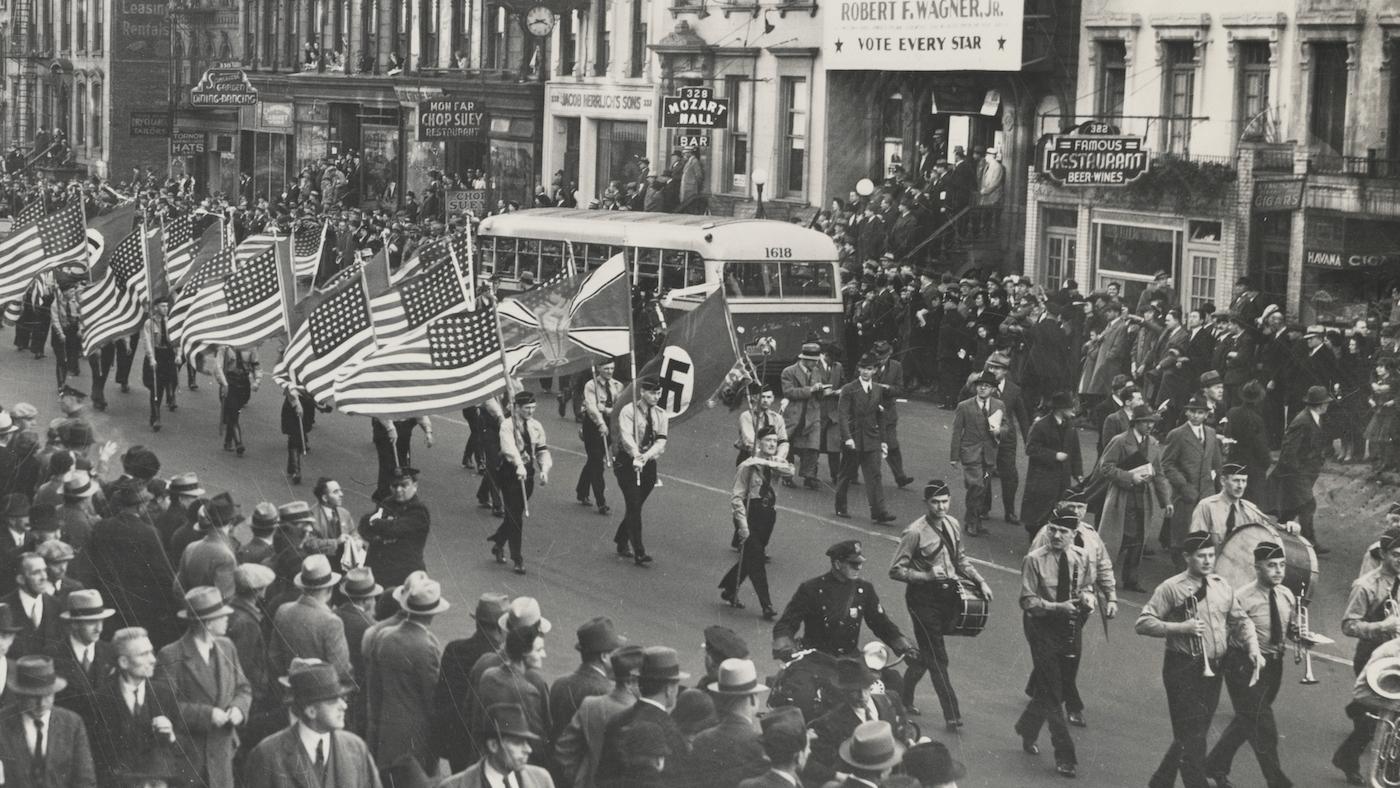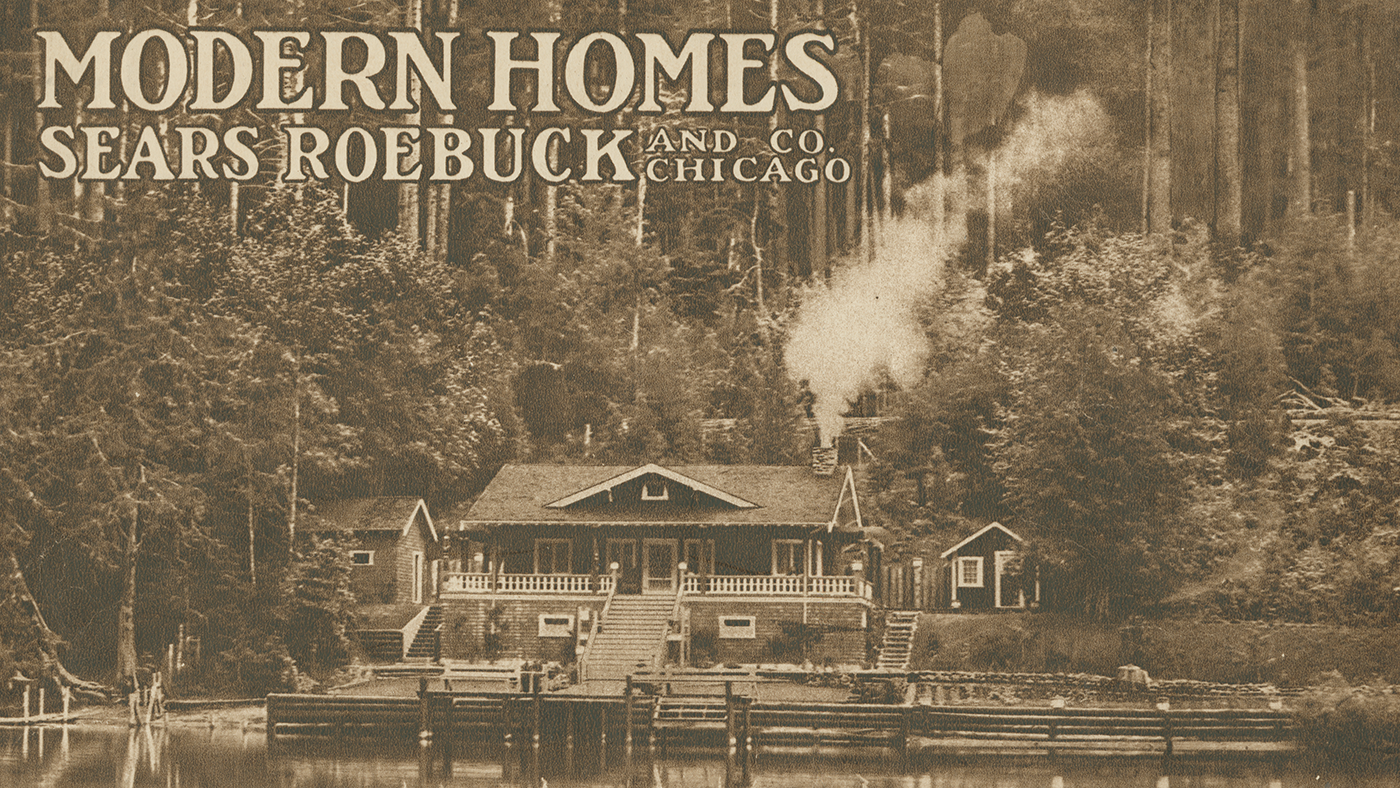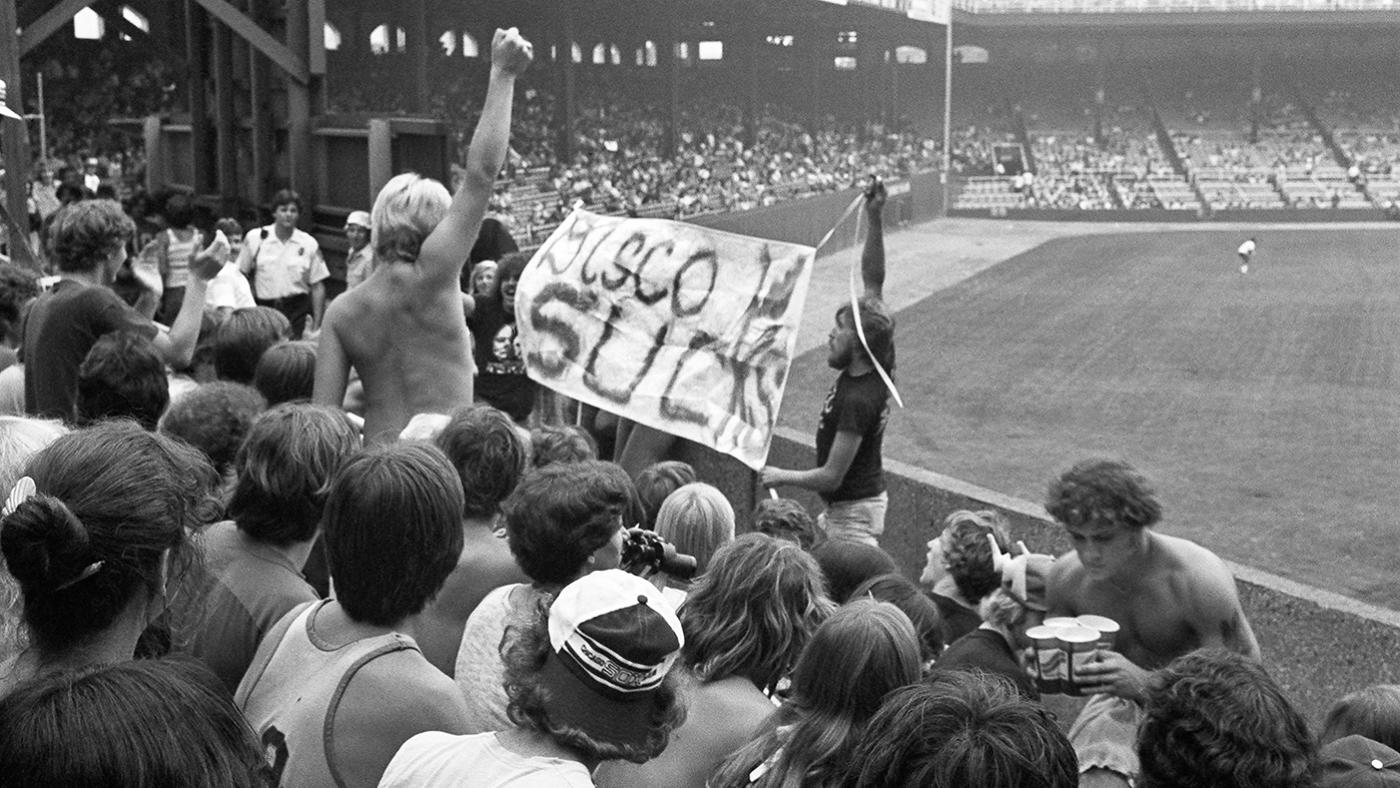The Fairytale Romance and Reunion That Inspired Ann Curry's New Show
Daniel Hautzinger
January 22, 2018
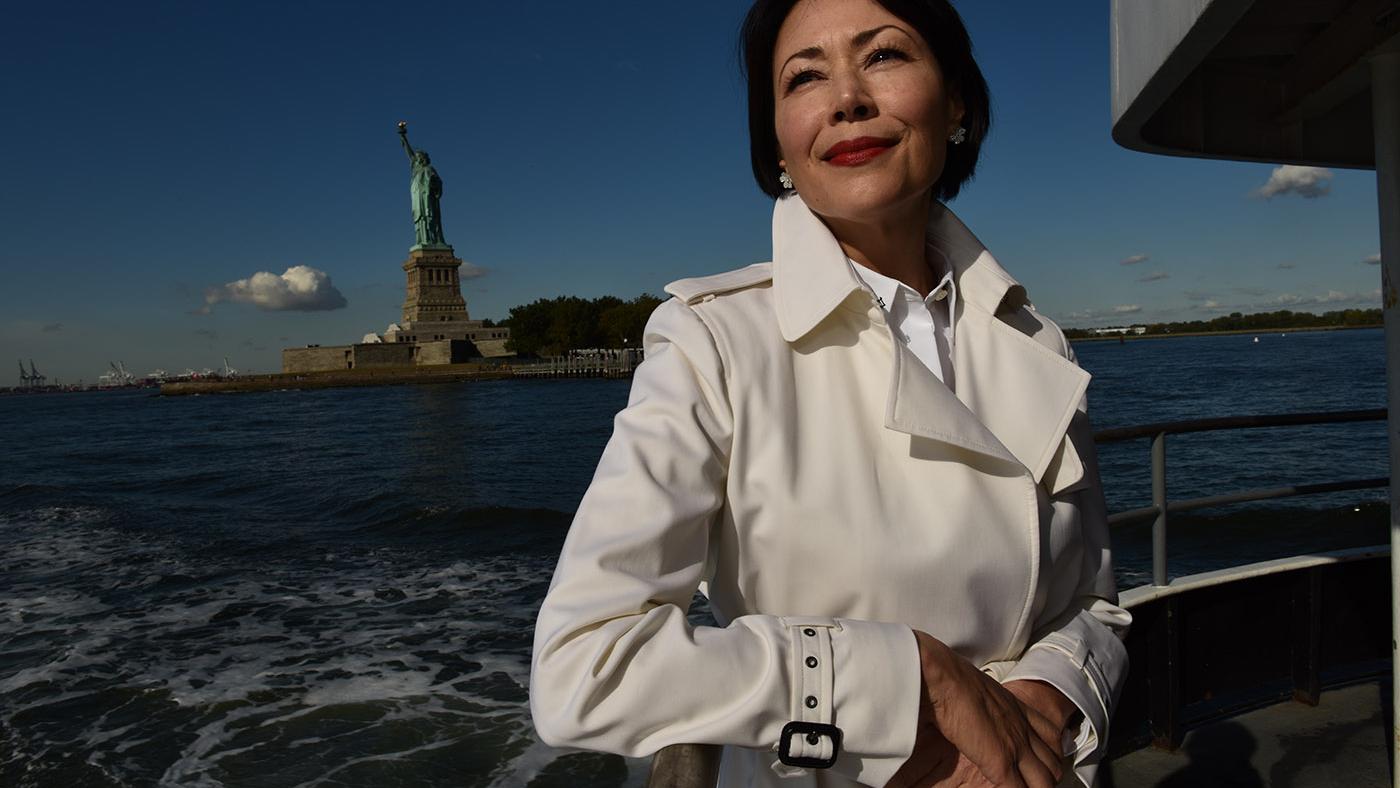
We’ll Meet Again airs Tuesdays at 8:00 pm and is available to stream.
Ann Curry believes that chance encounters can change lives. Her new, six-part PBS series We’ll Meet Again features the stories of people who experienced a world-altering event and were forever changed by the kindness, friendship, or heroism of another person. Now, they want to reunite with that person, to find them again and thank them.
“As I worked on the series, I realized that it’s the story of all of us,” Curry says. “Our ancestors had to withstand wars and disasters and political upheaval, world-changing events that affected their lives, throughout the generations. And it’s only because of the acts of kindness or heroism of their family, or friends, or people they barely knew, that we, their descendants, exist.”
Part of Curry’s respect for these dramatic encounters and reunions stems from the fact that she herself is the product of one. Her mother and father met in northern Japan during the country’s American occupation in the years after World War II; he was a six-foot-tall, green-eyed American soldier, she was the diminutive daughter of rice farmers working on a streetcar to contribute some extra income to the family. Both were eighteen years old.
“My dad got on that streetcar one day and was struck by my mother,” Curry says. “He kept riding that car until he worked up the courage to ask her out to eat. She said yes, and eventually they fell in love. My father asked my mother to marry him, and she said yes.”
Unfortunately, the military forbade the marriage. “The commander said, ‘Bob, I’m gonna do you a favor. Your eyes are starting to slant; you’re turning into a bamboo American. I’m shipping you out,’” Curry relates. Despite his racist way of putting it, Curry believes that the commander was saving her father from making a rash decision while he was still young. Curry’s father was shipped off to the Mediterranean.
After two years away, Curry’s father finally convinced a commanding officer to let him return to Japan. He had written letters to his beloved, but many of them may never have reached her. Despite his promise to return, she was convinced that he was gone forever. She had sobbed over the separation for a while, then picked up and continued with her life.
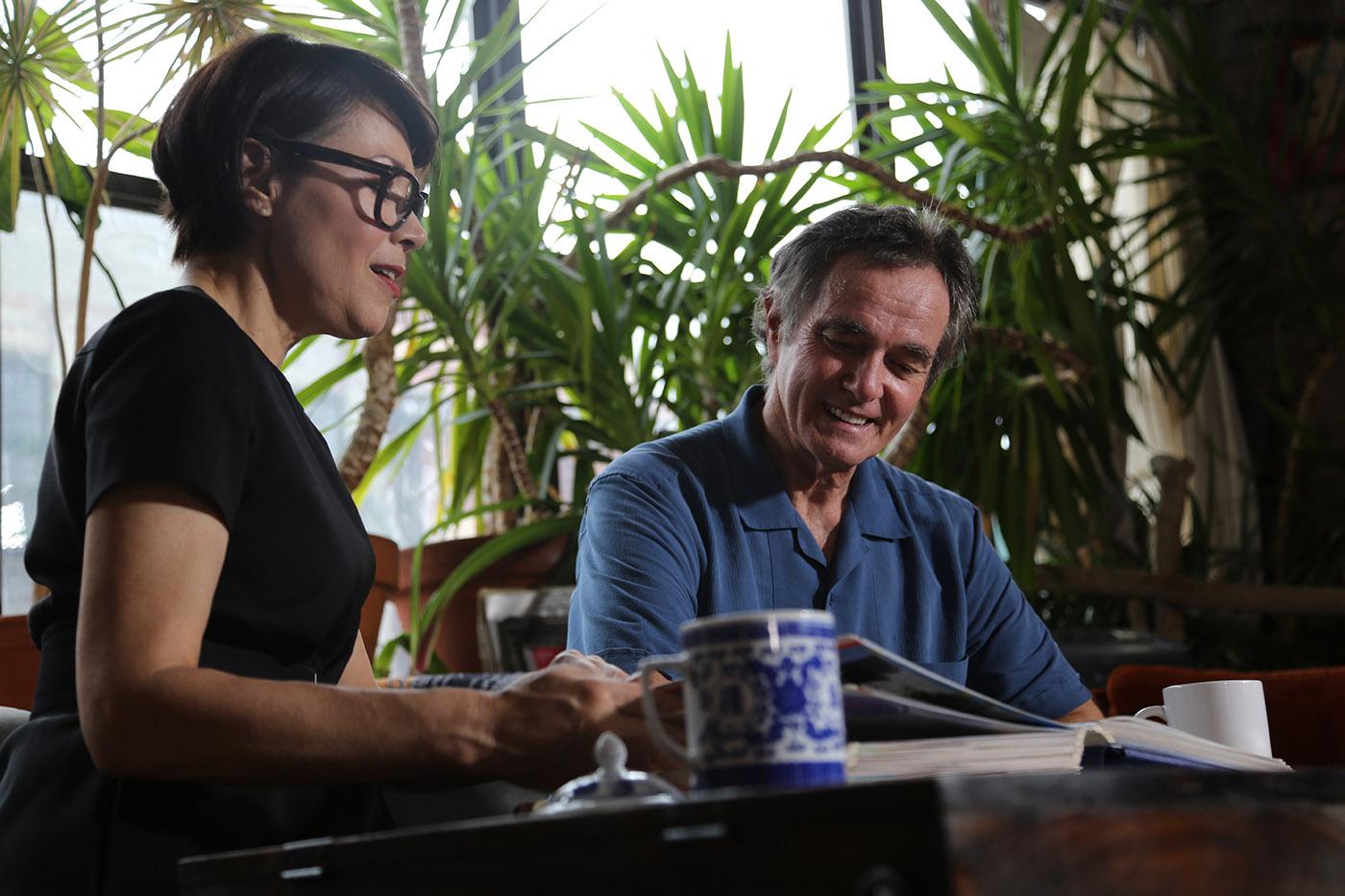
Curry’s father arrived in Japan and took a long train ride north to her mother’s home. He walked up to her family’s thatched roof house, knocked on the door, and was greeted by a scream from Curry’s grandmother. Her mother burst out of the back room and the lovers collapsed into each other’s arms sobbing. But something was wrong; Curry’s mother was shrunken and skeletal. She was dying of tuberculosis.
“At this point, a U.S. soldier could marry a Japanese woman, but he couldn’t marry a sick one,” Curry continues. “So my father lied to the Navy. He had my mother’s sister take the x-ray required as proof that he was marrying a healthy woman, and he married my mother even though he knew she was dying.”
Since Curry’s mother was now a legal dependent of her father, she had access to military health care. The American doctors proposed removing a majority of a lung to save her, but warned that her chances of surviving were slim.
“So my mother and father said goodbye a second time, and she went into the operating room. They took out about 90% of her lung through her back; I remember seeing the scar when I was growing up. It was about six inches long.” Curry’s father brought her convalescing mother to a rented home and convinced his mother-in-law to come to help nurse his wife back to health – no small feat, given that the mother-in-law did not approve of the marriage.
“One morning, my grandmother woke up to find my mother already bathed and fed, her hair neatly combed. She went to put on her boots to run an errand, and saw that my father had not only taken care of my mother but also scrubbed the mud from my grandmother’s boots. My grandmother broke down and ran to my mother with clasped hands, begging her, ‘Please forgive me. I didn’t know a man could love a woman this much, or I would never have been against this marriage.’ Six months later, my mother was finally able to rise from her bed.
“My mother always said that her and my father’s romance was Romeo and Juliet, Japanese style. They were married for more than fifty years, until my mother died. I’m the oldest of their five children. Had it not been for the war and the American occupation of Japan, I would not exist.”

